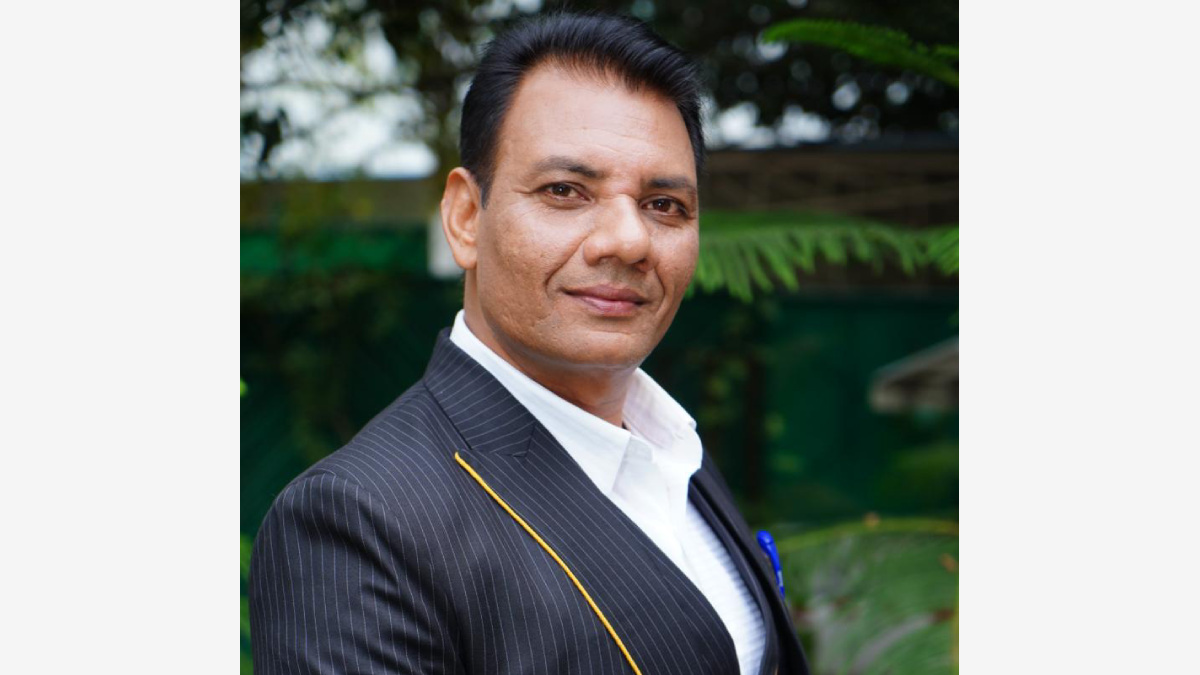Watching you, watching them
London, July 18: When English soccer fans take to the terraces next season, there's every chance they won't just be watching the game, they'll be being watched watching the game too. In the latest addition to what civil liberties campaigners have dubbed Britain's 'surveillance society,' a British company is in talks to supply wireless CCTV technology to a Premier League soccer club's security staff.
Hidden in lapels and hats, minute cameras would allow spotters in the crowd to beam live pictures from inside the stadium back to a control room where the images could be scanned in real-time for troublemakers and hooligans.
Already trialled in city centres across Britain to cut down on crime, the technology is also used to tackle cash-in-transit theft, an increasingly common form of robbery, and to protect VIPs, according to 802 Global, the company that makes it.
While negotiations with the unnamed Premier League club are still going on, Tim Close, the director of sales and marketing at 802 Global, believes it's only a matter of time before wireless CCTV technology becomes widespread.
''It's adding an extra layer of security to the blanket,'' he told Reuters. ''We see this as an overlay technology to enhance and build on traditional CCTV surveillance.
''For example, if the camera is in a helmet, it's going to be trained straight at the face of the suspect during a robbery, which makes identification much easier -- it's more effective than ordinary CCTV.'' While that may be the case -- particularly when it comes to the young ''hoodies'' who wear hooded tops to hide their faces -- many Britons wonder whether this extra layer is necessary.
Britain is already the most tightly surveilled country in the world, according to civil liberty groups and security experts, with an estimated 4 million closed-circuit television cameras spying on roads, buildings, stations and shops.
Not only does that equate to one camera for every 14 people, it also means that in a major city like London, where CCTV is ubiquitous, people run the possibility of appearing on camera up to 300 times a day as they move around.
''TALKING'' CAMERAS
The extent of scrutiny has not only raised the hackles of civil liberties campaigners, it has also begun to concern organisations not traditionally associated with the issue.
In a report entitled ''Dilemmas of Privacy and Surveillance'' issued earlier this year, the Royal Academy of Engineering warned that increased monitoring of society risked provoking a breakdown of trust between individuals and the state.
''The state should remain the ultimate protector of citizen rights to privacy and should not garner new powers to invade the privacy or increase surveillance without strong justication,'' it warned, its study marked with carefully measured language.
That came against the backdrop of government plans to introduce new digital identity cards and expand its DNA database -- both plans that provoked commentators to declare the onset of an Orwellian ''Big Brother'' society.
In recent weeks there was even more cause for concern with the introduction of ''talking'' CCTV cameras in some towns, a system where unseen controllers admonish misbehaving passers-by through a loudspeaker.
Mini, remote-controlled helicopters rigged with cameras have also been introduced in the north of Britain, allowing police to hover the aircraft over crime-ridden inner-city streets and monitor events.
With each new step, the government is quick to point out that the measures are intended to protect society, not to invade people's privacy -- although there appears to be an awareness that the line between the two may at times look thin.
SOCIAL GLUE
Many people in Britain support the view that the scrutiny is for their own good -- when crimes are committed or children go missing, one of the first things callers to radio stations or people posting on the Internet say is: study the CCTV footage.
At the same time, civil libertarians have their concerns.
When Dolan Cummings, a cultural critic and the editorial director of the Institute of Ideas, was growing up in Scotland, he remembers cameras being introduced as an urban renewal measure, which ended up proving successful. No one complained about an invasion of privacy.
''It was the original sense of Big Brother as the benevolent overseer rather than an authoritarian controller,'' he said.
But the ubiquity of cameras, and the idea that technology may supplant people and human interaction to do the job of policing, raises concerns for him about the erosion of the glue that holds society together.
''Rather than dealing with the problem by bringing in more social glue -- like I think they have on the continent, in places like Italy, through family -- it actually institutionalises suspicions of one another,'' he said.
''That exacerbates the breakdown of civil bonds and mutual responsibility, which over time is more damaging to society.'' And at the end of the day, most football fans just want to watch the game unperturbed.
REUTERS>


 Click it and Unblock the Notifications
Click it and Unblock the Notifications




